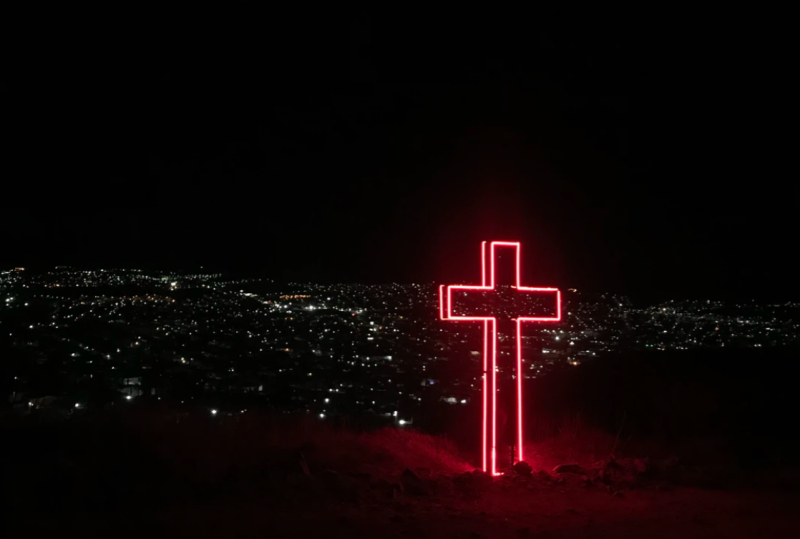
The Hubei Provincial CCC&TSPM (China Christian Council and Three-Self Patriotic Movement) held a ceremony on May 21 for the opening of a research center dedicated to the Sinicization of Christianity at Zhongnan Theological Seminary.
According to Rev. Zhu Zhiguo, the chair of the Hubei Provincial CCC&TSPM, the goal of the research center is to "inherit the principle of three-self (self-governance, self-support, and self-propagation)," "construct a grand theology with Chinese characteristics," and "discuss the Chinese model of excellent pastoral care." The International Christian Concern (ICC) reported that this new research facility is part of the CCP's campaign to further Sinicize the nation.
Sinicization is a government-initiated process of changing Christianity and other faiths such as Buddhism and Falun Gong in order to fit within Chinese communism and to promote the principles of the Chinese Communist Party. Many modern Christian scholars and pastors in China claim that Bibles need to be "re-edited," theology modified, and clergy members made to demonstrate their commitment to the Chinese Communist Party - even if it means going against God and His Word.
While Sinicization involves having to submit to the Chinese Communist Party, it has become more about worshipping Xi Jinping, the current ruler of China. Xi has transformed from only being the figurehead of a leader of authority to also being revered by those under him.
He had first proposed the concept of Sinicization in 2015, when he said that religions must "Sinicize" if they wish to remain in China. When it was first adopted, the program had both favorable and unfavorable impacts on different religious groups. Since it is becoming more widespread, however, it is now producing greater conflict.
As has been reported several times throughout the year, the Chinese Communist Party has done its best to subvert Christian religion by removing religious imagery, such as crucifixes, statues of Jesus, and other icons of Christian religion, from the public sphere. Due to the recent policies that were implemented, churches must display Xi's portraits on the walls of the church and display Chinese flags in both their residences and places of worship.
To the church leaders, the Sinicization process is not only a political problem or policy, but rather a war against religion, especially Christianity. The leaders believe this because Xi apparently seeks to replace God with himself. In his commentary, one remarked that they seek to replace religious faith with confidence in the party.
Burning bibles and other material, associated with Christianity, has also been a tactic used by Chinese authorities. Additionally, the Chinese Communist government also shut down Christian-backed mobile Bible applications and banned and regulated WeChat chat applications that allowed users to communicate in a Christian way.
In spite of all of these difficulties, the Chinese church, according to ChinaAid founder Bob Fu, is seeing revival despite increasing government pressure and abuse.
"We have seen, believers, even after they go to prison, they would sing 'hallelujah,'" he said.
In China, Christians see their serving time in prison as another way to spread the gospel.
"So, prison becomes church. That's how the revival happens. I think that's how it went from 1 million Christians now to 100 million Christians in China, " Bob Fu added.


























